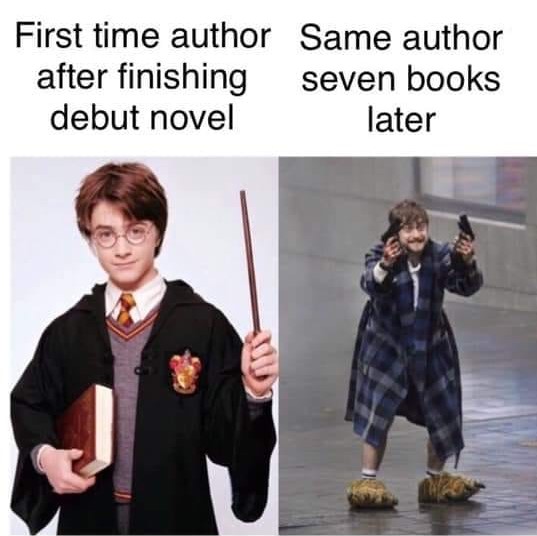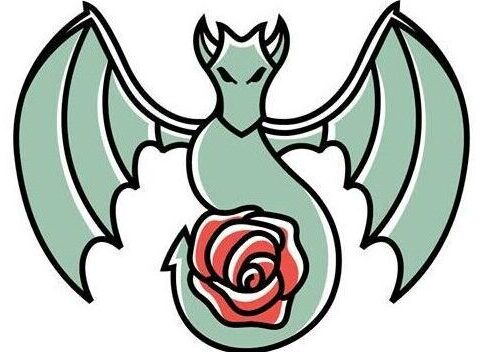I originally wrote this as an answer to a post on Reddit, but I was like “Dude, this is good information and I didn’t just spend 20 minutes writing this post to just throw it into the void.” So I’m putting it here as well. Maybe it’ll help somebody along the way. It’s good writing advice, not gonna lie.

Here’s a helpful rule of thumb for novelists: Read 100 novels in the genre that you want to write in. You can choose any novels you like, but include recent novels, good books written within the last 10 years. Read the classic novels from this genre, too — just so you get a bird’s eye view of how the genre has changed over time.
(See if your MFA programs have a reading list that you can access — these are super-helpful.)
When you find a book you love, study it. Find out what you love about it. Write an opening in the style of the author, using the same sentence setups that she uses, putting dialogue in the same places. Actively imitate how she writes. These are exercises — don’t use these in your novel so you’re not plagiarizing anybody. Imitation is the best teacher. How does she use dialogue to move the story forward? Where are those little hooks that pull you into the story? How can you replicate them in your story?
It’s okay to actively, unabashedly imitate other writers. You’ll learn how they use their voices — dig into what makes each voice unique. All those little tricks that writers use to make their words really ring out on the page are all there waiting for you to discover them. When I was in college, my writing was a hodgepodge of E.B. White, the Bible, Victorian writers, and whatever 50 books I was reading that week. Everybody was probably like, “What the hell is going on here!” But that’s okay. Eventually you learn to listen to yourself, and out of that comes your own unique voice, your aural fingerprint.
Of course, read your 50 million books on craft, and write like a fiend. That is non-negotiable.
Side note: I’m not sure how things stand these days, but MFA programs generally look down their noses at genre writing (aka fantasy). Make sure you’re applying to places that have faculty that work in fantasy. I got my MFA for writing for children at Hamline University, which is a damn good grad school if you’re writing YA or any other children’s books. You seem to lean literary (we do too), so be sure to consider faculty and genre when you’re looking at grad schools.
ALSO Brandon Sanderson has classes on YouTube for free about writing fantasy. I highly recommend working your way through them while you’re doing all this reading and writing. He will gently but firmly lead you to a better way of writing.
This is how you can take a mini-MFA and bulk up your writing muscles as you prepare for the real thing.
Thank you for attending my TED talk.
